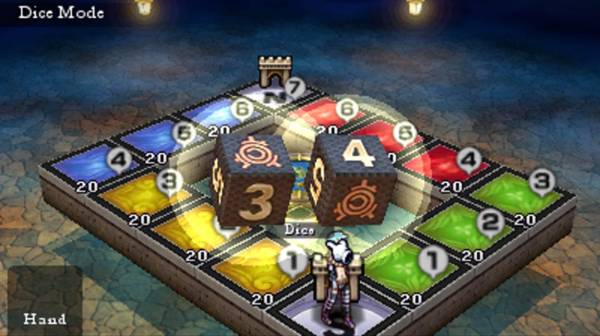From the beginnings of civilisation, we have all wondered about how our universe came to be. While some take the scientific approach, others believe it is the result of the intervention of a deity beyond our understanding. Whichever scenario you believe to be true, many popular works have tried to give us a way to imagine the experience of creation. Birthdays the Beginning is the latest video game to use this concept as a starting point, and while it does have some interesting ideas, there are a number of flaws which hold it back from being a universally enjoyable experience.
Unlike many simulation games of this nature, the game begins with a visual novel cut scene of you wandering through an unknown wilderness. After stumbling into a dark hole, you end up in control of a mysterious glass cube. The insides of this structure are completely blank, and for reasons unknown, you are instructed to create a fully functioning ecosystem by a mysterious spaceman-like creature named Navi. While the story has little bearing on the creative aspects of the game, it is interesting to see a simulation game of this nature have an accompanying narrative.
The core game play of Birthdays the Beginning is centred around using various items and tools to build a garden in which many kinds of species may thrive. Many modern gamers may think this is similar to products such as Harvest Moon, which is slightly coincidental as this game was designed by the original creator of the franchise. In fact, Birthdays the Beginning is closer to two other god simulation games such as Populus the Beginning and Black & White, where you have control over the environment, but none over any of the inhabitants of your created universe.









